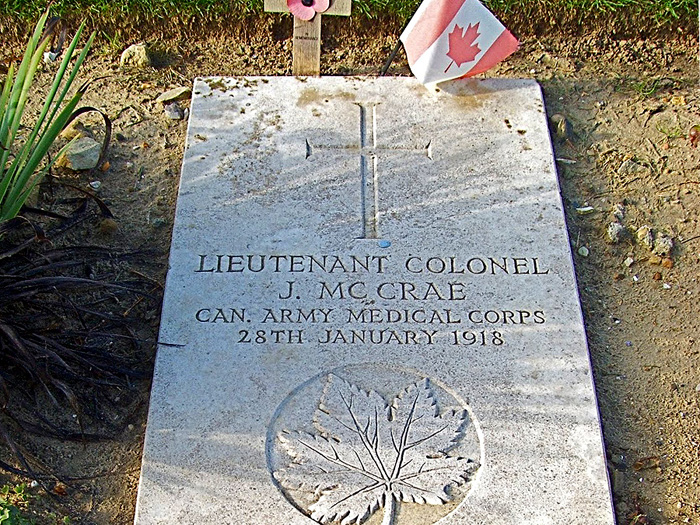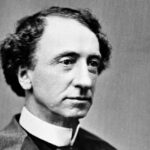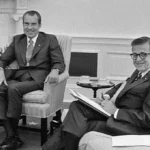By Jonathon Van Maren
On January 28, a solemn ceremony was held in the little town of Wimereux, France, the home of the military cemetery where Canadian military doctor and poet John McCrae was laid to rest after his death from pneumonia exactly one century before. It was cold and windy, one attendee reported, but a French band still played the Canadian national anthem, Wimereux provided a Canadian flag, and a number of French veterans came to pay their respects. Wimereux’s town council, a British visitor, and the Commonwealth War Graves Commission all came to lay wreaths in McCrae’s honor. There was only one notable omission: Not a single Canadian representative was present.
John McCrae, who had previously fought in the Second Boer War, wrote what is arguably the most famous Canadian poem of all time on May 3, 1915, after attending and presiding over the funeral of his close friend Lieutenant Alexis Helmer. Helmer, along with more than 100,000 others, had perished in the savage and bloody Second Battle of Ypres, where the Germans used poison gas for the first time. The day after burying Helmer, McCrae sat in the back of an ambulance outside the Advanced Dressing Station at Ypres and wrote the words that would be recited in unison every November 11 by thousands of Canadian schoolchildren for decades to come—myself included:
In Flanders fields the poppies blow
Between the crosses, row on row,
That mark our place; and in the sky
The larks, still bravely singing, fly
Scarce heard amid the guns below.
We are the Dead. Short days ago
We lived, felt dawn, saw sunset glow,
Loved and were loved, and now we lie
In Flanders fields.
Take up our quarrel with the foe:
To you from failing hands we throw
The torch; be yours to hold it high.
If ye break faith with us who die
We shall not sleep, though poppies grow
In Flanders fields.
A couple of weeks ago, I visited the birthplace of John McCrae in Guelph, Ontario, killing time between the wedding ceremony and reception of some friends. It is a well-preserved little white limestone cottage, with a memorial set up in a small garden outside with a large, concrete torch standing resolutely against the wind in front of an open book with the words of “Flanders Fields” engraved on the open pages. “Lest We Forget” was etched into the concrete base—ironic words, considering that Canada’s government had somehow forgotten to send someone to the centennial ceremony of John McCrae’s death only two days later.
Inside the house, sketches from McCrae were housed in glass display cases, as well as a small brown Bible from the Ottawa Auxiliary Bible Society that McCrae received as a gift before heading off to South Africa in 1900. The City of Guelph had also presented McCrae with a “Soldier’s New Testament” as a parting gift—this was back when God’s Word was still seen as something of value, especially for men who could be facing death on the frontlines. The McCraes—John had two siblings—were trained by their parents to spend much time in the Bible, and Sundays were devoted to church and worship.
It is not surprising, I suppose, that this Canadian government either forgot—or simply didn’t bother—to send someone to pay respects to the memory of John McCrae on Canada’s behalf. After all, our history, with both its heroes and its villains, has become an inconvenience and an embarrassment to the progressives who see it as littered with bigots and political incorrectness, which is why Canada’s 150th Anniversary celebrations were not a celebration and barely touched on the men and women of the past 150 years. The valor, virtue, and sacrifices of men like McCrae—not to mention their devotion to God—make them hard to understand for today’s generation, and perhaps even uncomfortable to discuss.
One attendee to the little ceremony in Wimereux on January 28 reported being very upset that there was not a single Canadian present to lay a wreath, or a poppy, or simply say a few words in memory of a man who wrote the immortal words that would define the Great War in the minds of millions before laying down his life and following his friend Helmer and a host of others into the grave. The final wish of many of these men was that their sacrifice be remembered. But perhaps, as our prime minister recently told a veteran of a more recent conflict regarding other matters, that is simply asking the government for too much.
_________________________________________________________________________
For anyone interested, my book on The Culture War, which analyzes the journey our culture has taken from the way it was to the way it is and examines the Sexual Revolution, hook-up culture, the rise of the porn plague, abortion, commodity culture, euthanasia, and the gay rights movement, is available for sale here.








